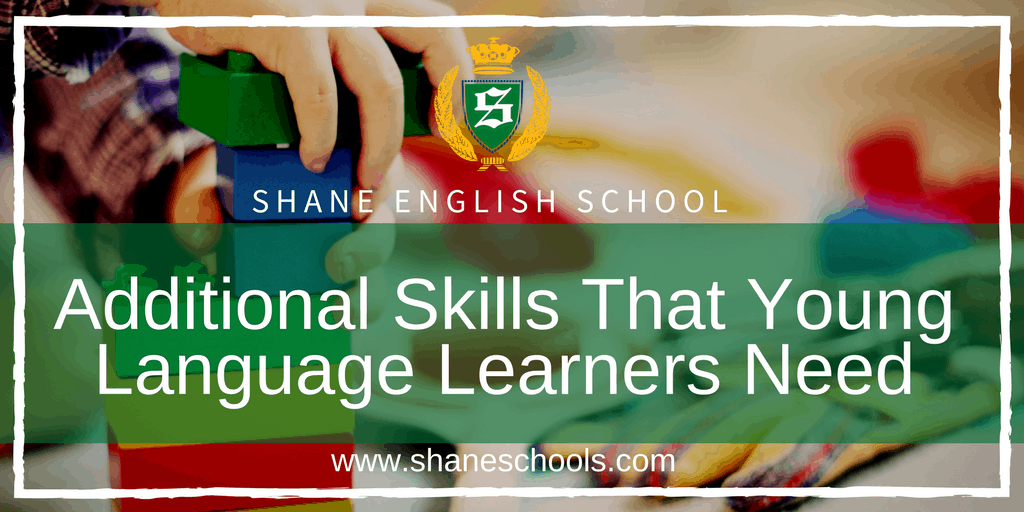It’s impossible to break education down into its isolated parts. When we are teaching English – especially to young learners – we are actually teaching many other skills at the same time. So what should we focus on as our sneak something extra into our lessons for young learners?
When we teach very young learners, we are not just teaching language. There are a number of other skills that we need to teach and develop, and teachers need to be aware of these and plan appropriate lessons and activities, as well as employ classroom management techniques accordingly. Additional skills that very young children need to be taught include:
Additional skills that very young children need to be taught include:
Listening
Listening is a really important skill. It is fifty percent of a conversation. It is vital for life skills, and we must help to train the kids to be good listeners from a very young age. Make sure that the children listen not only to you but to each other too; this should be one of your class rules. Teach the children some actions for “listen”, such as cupping the hand to the ear.
Fine Motor Skills
Fine motor skills (FMS) is about finger dexterity and strength. Young children need lots of practical tasks and activities to develop and improve their fine motor skills. Kindergarten class teachers must include activities which give them the opportunity to do this, such as handling small objects, building with blocks, sticking pieces of paper. This will in turn help to improve their drawing, colouring and writing skills.
Gross Motor Skills
Children need to move around the classroom in various ways and take part in activities which employ their gross motor skills. This will help them to control their bodies and movements and to develop spatial awareness. Working on GMS also leads to improvement in the following areas:
- Muscle development.
- Improved life skills.
- More enjoyment from physical activities.
- A greater awareness of space and therefore enhanced safety.
- Better balance.
- Improved hand-eye coordination.
- Development of concentration for an extended period of time on a specific task.
- Expression and imagination.
Language acquisition research has also shown that movement in a classroom helps to stimulate the brain to retain language and vocabulary.
Social Skills
Very young children are not very social by nature – their world revolves around very much around themselves – and this is something that needs to be taught. They need to be taught how to share and co-operate with other children and turn taking in games and activities. These are also very important communication skills.
Emotional Development
Young children are obviously very immature emotionally and are prone to tears and tantrums. This is an area that needs to be developed with sensitivity in the classroom. At times, children behave badly to get their way or to get attention, which can take the form of tantrums. This may be a result of the way discipline is conducted at home. If we give children what they want when they behave badly, this will encourage bad behaviour. Therefore, tantrums should not be pandered to and children should have it calmly explained that trying hard and good behaviour is the best way to make the teacher happy. However, it should be remembered that once a child is in a tantrum, they are often scared and angry and will be unable to listen to reason. It is better to let the child sit the tantrum out. Once the child has cooled down and calmed down, it is then time to talk with the child, with the help of the TA. Find out what the problem was, decide a solution to the problem, but make it clear that the tantrum is not the way to deal with the problem in the future. Tell the student that they can come and whisper the problem to the teacher.
A version of this article originally appeared in Shane English School’s Teaching English to Young Learners (TEYL) program, which is part of new teachers’ orientation.

We're hiring!
With schools around the world, Shane English School always has exciting new opportunities to offer.


